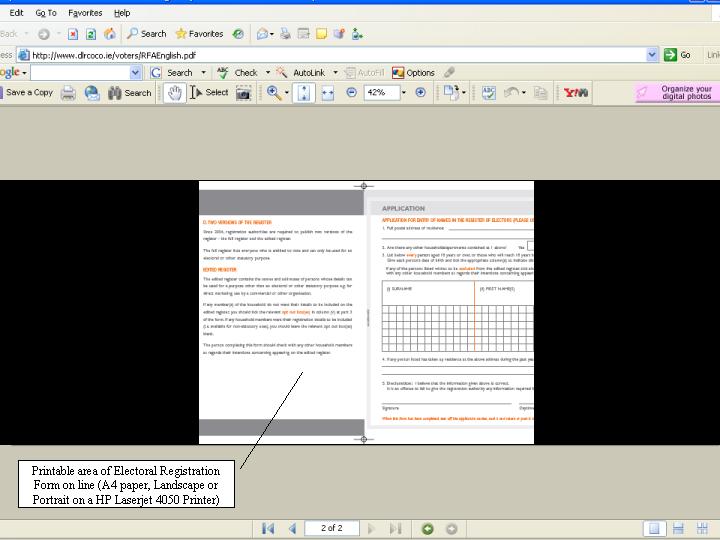I heard about this piece of bother on RTE Radio 1 news today.
Apparently a Fianna Fail TD is up in arms that people who had been renting a phone handset from eircom and subsequently bought a new one and didn’t return the rented phone or alert eircom that they were no longer using it have continued to be charged for the phone.
So the reasoning seems to be that if you have finished with something you’ve rented and you don’t hand it back the company you rented it from should know through some Jedi mind trick that you are no longer using it and stop charging you rent.
Applying that logic…
- That Library book that I finished when I was 12 and never returned… Dublin corporation shouldn’t have kept charging me late fees, they should have just wished me well with my new book that I bough in Easons.
- The rent I paid my land-lord while i was on holidays should be returned to me (b*stard land-lord)
- Xtravision should clear my account of outstanding charges for that copy of Kill Bill that I took out because I didn’t like it and bought Yo Jimbo from play.com instead.
The electoral register is in a shambles and a Fianna Fail TD is taking up valuable airspace, column inches and interweb bits and bytes effectively telling us that we should have absolutely no personal accountability for ensuring that we follow simple processes in life (such as telling our local authorities when we move house so our old electoral register entry can be deleted and a new one created at our new address or contacting a service provider we’re renting something off when we decide we want to exit the rental agreement).
Short of placing a monitoring device in your house or ringing you every month to see if you’re still using your oatmeal slaney phone from 1996 or hiring a psychic dog to sniff out changes, there is nothing that a provider of any service can do to identify if you have changed your equipment. The only way that they know is if you ring up and tell them so that they can change your contract, remove the charge and make arrangements for the phones to be returned for recycling.
I’d be more impressed if the good deputy took up the issue raised over on Michele Neylon’s blog re: Amazon’s decision not to sell certain categories of goods to people resident in Ireland
If you find you are paying phone rental, check out www.eircom.ie and you should be able to find out how to get the charge cancelled and get your phone recycled.
To Fianna Fail – please stop wasting our media space with innanities! We know that there is an election looming and backbenchers need to remind people that they exist, but there are far too many important issues to be debated in this nation of ours.
Now, I’m off to see if I can buy a psychic dog and go into consultancy with a phone company (just to keep Deputy McGuinness happy)….
Â
